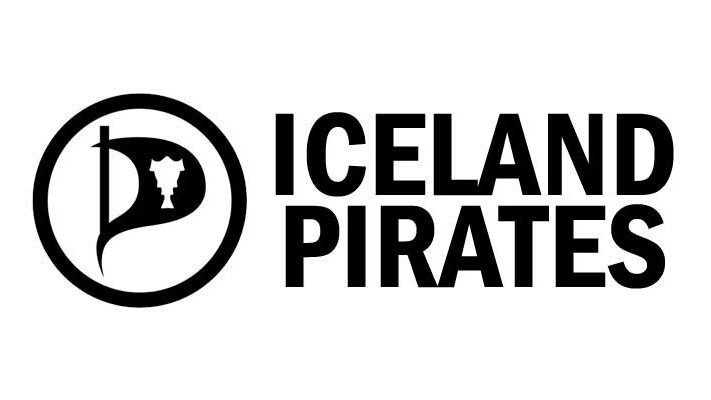The past few months has left us – all of us – agape at the often shocking and seemingly endless election cycle in the United States. But in tiny Iceland (population 323,000) something equally interesting is happening.
The Icelandic Pirate Party, once considered to be a fringe political movement, is about to score an unprecedented election win.
Current polls suggest that it will sweep up around 20 percent of the vote. As a result, it’s highly probable that it’ll increase its share of seats in the Althing and take part in the next Icelandic government as a coalition partner to one of the other parties.
The polls were taken between October 14 and October 19 by the Social Science Research Institute of the University of Iceland for daily newspaper Morgunblaðið.
They show the Icelandic Pirate Party in first place, with a 22.6 percent share of the votes. This puts it slightly ahead of the Independence Party, which is currently in power.
Support for the Pirate Party has surged since the release of the Panama Papers. These implicated many members of the Icelandic political establishment in corruption and tax avoidance.
Pirate politics is still relatively new. The first Pirate Party was founded ten years ago in Sweden by Rick Falkvinge. Since then, the idea has spread to other countries, including the UK, Germany, Australia, Canada, and the Netherlands.
While each differs on specific policy issues, they all have a few things in common. In general, they are all enthusiastic supporters of copyright and patent law reform, government transparency, and direct democracy.
If Iceland’s Pirate Party is able to pull off the unthinkable, it would be the first time one has had a major role in government.
This, combined with the successes of Swedish and German pirate parties in previous European Parliament elections, suggests that Pirate Politics is slowly entering the mainstream.
Get the TNW newsletter
Get the most important tech news in your inbox each week.






